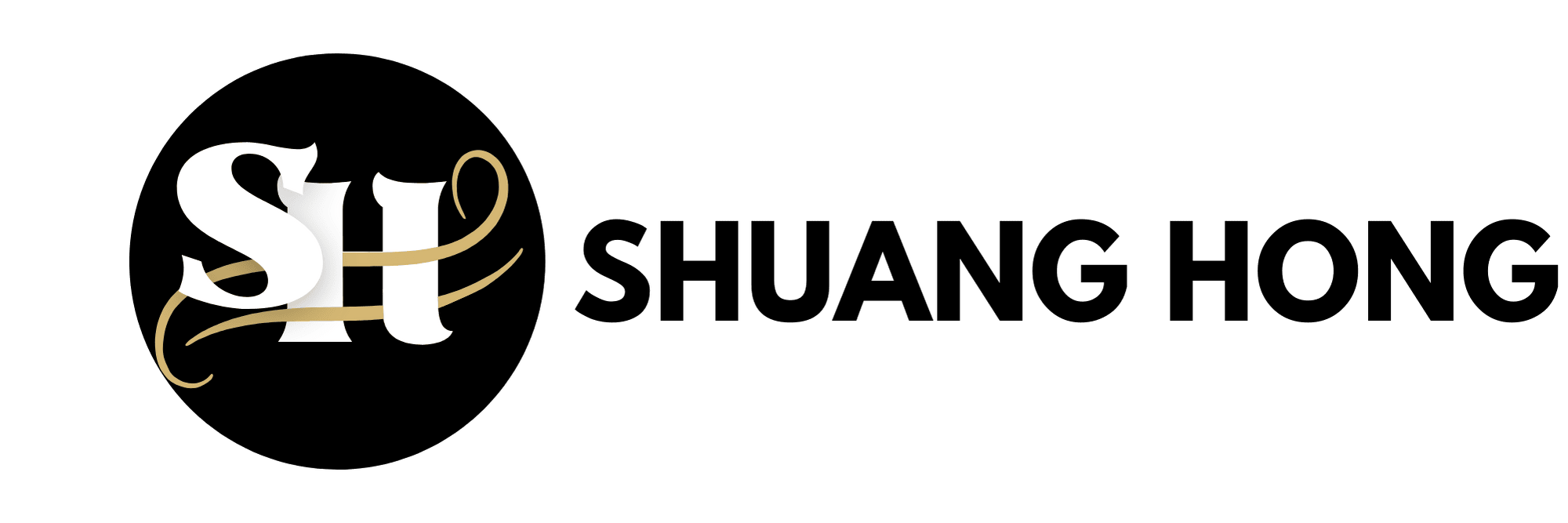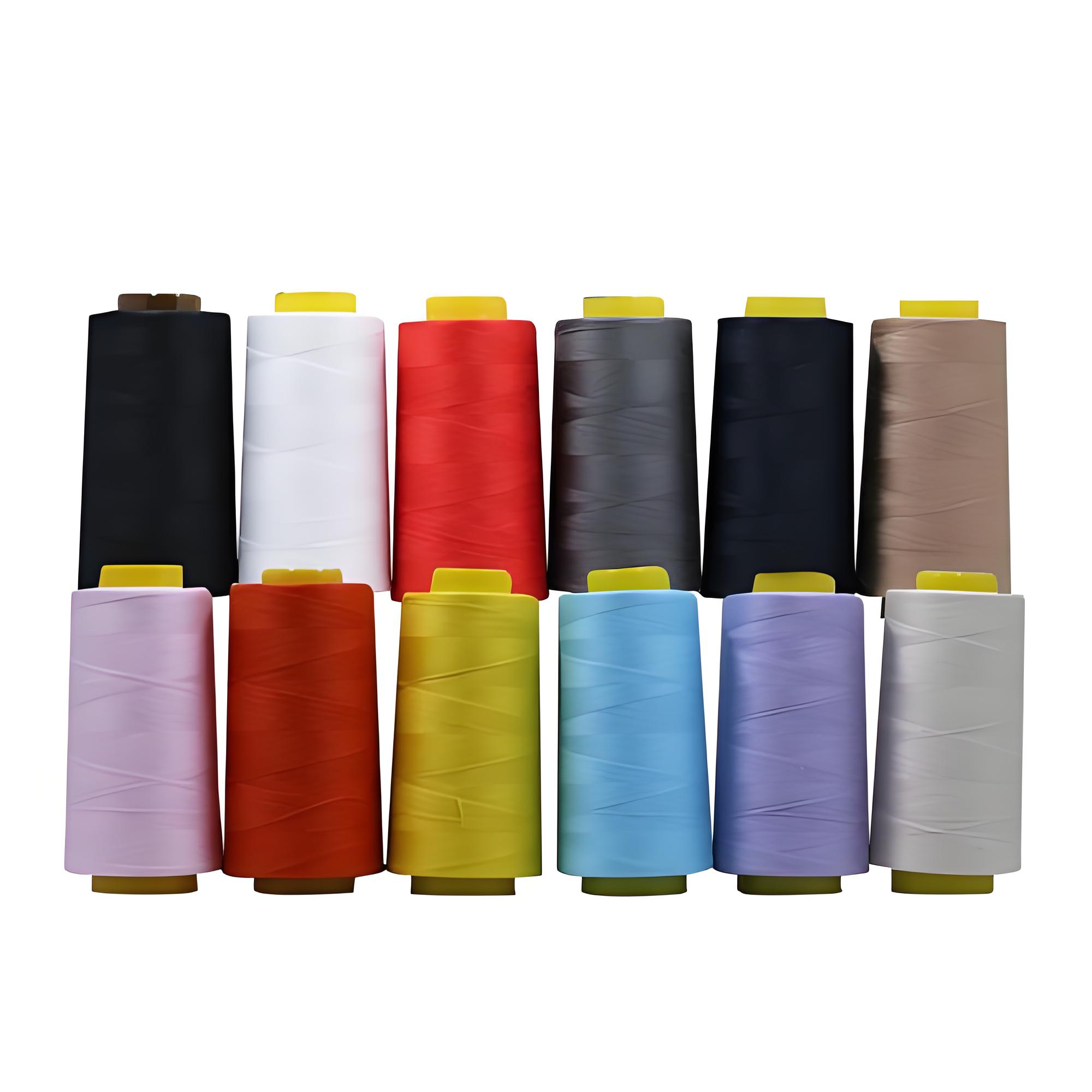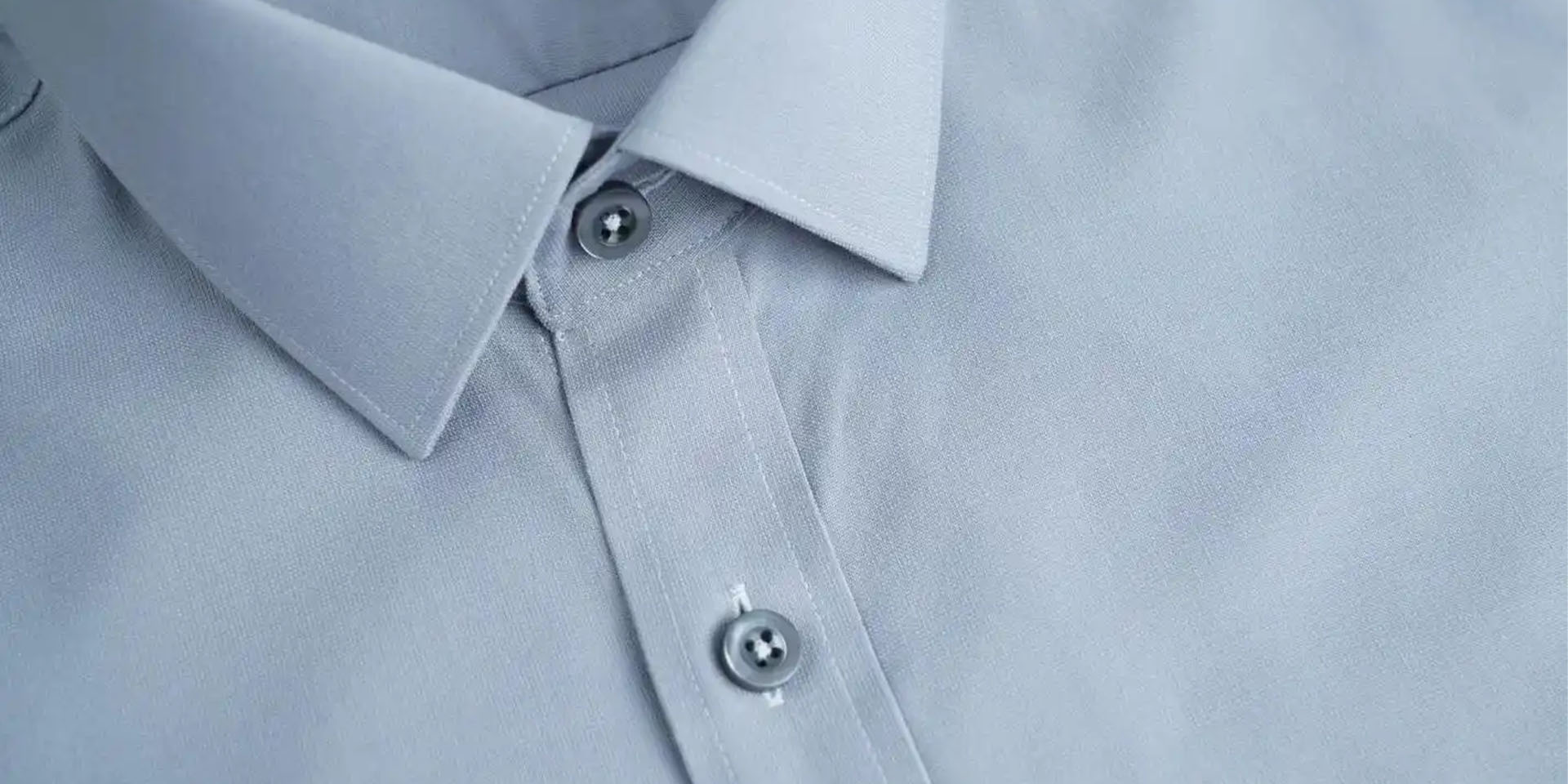Polyester sewing thread 60/2 and Polyester sewing thread 60/3 are two industry-standard variants that dominate textile manufacturing, home furnishing, and industrial production. Renowned for their exceptional strength, durability, and resistance to wear, these threads cater to distinct stitching requirements. Polyester sewing thread 60/2 excels in lightweight, precision-driven applications, while Polyester sewing thread 60/3 is engineered for heavy-duty, high-stress environments. Their versatility spans apparel, automotive interiors, outdoor gear, and technical textiles, making them indispensable tools for achieving durable, high-quality seams. This article explores their unique properties, targeted applications, and the industries that rely on their performance.


The decision to use Polyester sewing thread 60/2 or 60/3 hinges on fabric type, seam stress, and end-use requirements:
- Fabric Weight: 60/2 suits fabrics under 8 oz/yd² (e.g., chiffon, satin), while 60/3 handles materials above 12 oz/yd² (e.g., denim, canvas).
- Stitch Density: 60/2 works with 8–12 stitches per inch (SPI) for fine seams, whereas 60/3 performs best at 6–8 SPI for bulkier joins.
- Endurance Needs: 60/3 is mandatory for load-bearing seams in automotive or outdoor gear, while 60/2 suffices for decorative or low-stress applications.
-
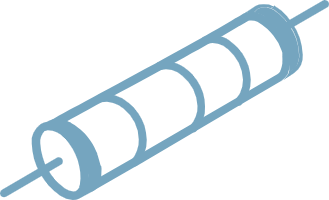 Superior Tensile and Tear Resistance
Superior Tensile and Tear ResistanceWith 50% greater ply density than 60/2, Polyester sewing thread 60/3 withstands heavy loads and repetitive stress. It is the preferred choice for seams in denim jeans, workwear, and leather goods, where thread failure could compromise product integrity.
-
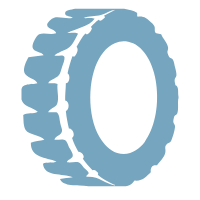 Enhanced Stability Under Tension
Enhanced Stability Under TensionThe thread’s reduced elongation under load ensures seams remain intact even when subjected to pulling or stretching. This property is vital for automotive seat covers, which endure constant friction and weight, and for industrial conveyor belts requiring long-term abrasion resistance.
-
 Compatibility with Thick or Multi-Layered Fabrics
Compatibility with Thick or Multi-Layered FabricsPolyester sewing thread 60/3 is engineered for dense materials like canvas, upholstery fabrics, and technical textiles. Its thickness prevents breakage when penetrating multiple layers, such as in quilted jackets, padded furniture, or heavy-duty tarpaulins.
-
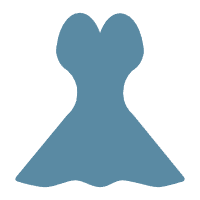 Industry-Specific Applications
Industry-Specific ApplicationsThis thread dominates sectors requiring rugged performance:
Automotive: Stitching car seats, seat belts, and interior panels.
Outdoor Equipment: Reinforcing seams in tents, backpacks, and hiking boots.
Industrial Safety Gear: Assembling fire-resistant uniforms, harnesses, and protective covers.

-
Консультация
 Процесс изготовления на заказ начинается с подробной консультации, в ходе которой мы обсуждаем конкретные потребности клиента, включая толщину нити, требования к цвету и специфику применения. Наша команда экспертов работает в тесном контакте с клиентом, чтобы понять его уникальные требования и предоставить рекомендации.
Процесс изготовления на заказ начинается с подробной консультации, в ходе которой мы обсуждаем конкретные потребности клиента, включая толщину нити, требования к цвету и специфику применения. Наша команда экспертов работает в тесном контакте с клиентом, чтобы понять его уникальные требования и предоставить рекомендации. -
Котировка
 После того как требования четко определены, мы предоставляем подробное коммерческое предложение, в котором указаны стоимость, сроки поставки и другие важные детали. Наши расценки прозрачны и исчерпывающи, что позволяет клиентам получить четкое представление о затратах.
После того как требования четко определены, мы предоставляем подробное коммерческое предложение, в котором указаны стоимость, сроки поставки и другие важные детали. Наши расценки прозрачны и исчерпывающи, что позволяет клиентам получить четкое представление о затратах. -
Производство
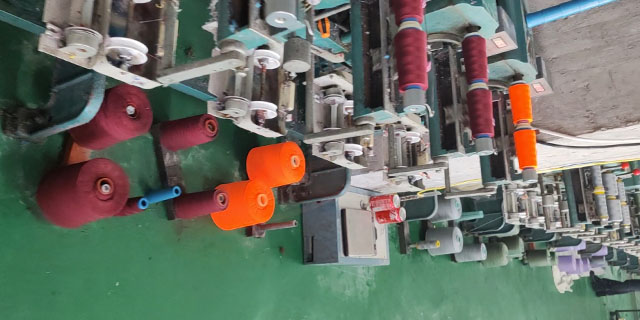 Наш производственный процесс высокоэффективен и ориентирован на качество, что гарантирует соответствие изготовленных на заказ нитей самым высоким стандартам производительности и долговечности. Мы используем самое современное оборудование и строгие меры контроля качества, чтобы производить нити, превосходящие отраслевые стандарты.
Наш производственный процесс высокоэффективен и ориентирован на качество, что гарантирует соответствие изготовленных на заказ нитей самым высоким стандартам производительности и долговечности. Мы используем самое современное оборудование и строгие меры контроля качества, чтобы производить нити, превосходящие отраслевые стандарты. -
Доставка
 После производства нити, изготовленные на заказ, тщательно упаковываются и отправляются клиенту в оговоренные сроки. Мы предлагаем надежные логистические решения, чтобы гарантировать, что нити дойдут до клиента быстро и в идеальном состоянии.
После производства нити, изготовленные на заказ, тщательно упаковываются и отправляются клиенту в оговоренные сроки. Мы предлагаем надежные логистические решения, чтобы гарантировать, что нити дойдут до клиента быстро и в идеальном состоянии.
-
How can I accurately determine whether I should use Polyester sewing thread 60/2 or 60/3 for my project?
The choice depends on three key factors: 1.Fabric thickness: 60/2 is suitable for light to medium fabrics (such as silk, thin cotton, synthetic fibers), while 60/3 is designed for heavy or multi-layered fabrics (such as canvas, leather, car interior). 2.Sewing strength requirements: If it needs to withstand frequent stretching or loads (such as backpacks, car seats), 60/3 is preferred; if it is for daily clothing or home textiles (such as shirts, sheets), 60/2 is more suitable. 3.Sewing machine compatibility: 60/2 is suitable for fine sewing machines with high needle frequency (8-12 stitches/inch), while 60/3 needs to be adapted to heavy equipment with low needle frequency (6-8 stitches/inch).
-
I need a special color, can the customized service meet it? Can the customized color be guaranteed to be exactly the same as the sample I provided?
Our customized service can meet your special color needs. We use advanced dyeing technology and professional color matching system to ensure that the customized color is highly consistent with the sample you provide. Before production, we will provide samples for your confirmation to ensure that the color meets your requirements. If necessary, we can also perform color management according to your brand standards to ensure the color stability of each batch.
-
Если я выберу индивидуальное обслуживание, сколько времени пройдет с момента заказа до доставки? Можно ли ускорить доставку?
Срок выполнения заказа на индивидуальные услуги обычно зависит от сложности и объема заказа. Как правило, с момента заказа до доставки проходит 15-25 рабочих дней. Если ваш проект требует срочного исполнения, мы можем предоставить ускоренные услуги. Мы разработаем план производства в соответствии с вашими конкретными потребностями, чтобы обеспечить своевременную доставку.
-
Каковы стандарты качества этих двух швейных ниток? Имеются ли соответствующие сертификаты или отчеты об испытаниях?
Наши швейные нитки строго соответствуют международным стандартам качества, включая сертификацию системы управления качеством ISO 9001 и экологический сертификат OEKO-TEX Standard 100. Каждая партия продукции проходит строгое тестирование качества, включая испытания на растяжение, устойчивость к истиранию, стойкость цвета и т.д. Мы также можем предоставить подробные отчеты о тестировании в соответствии с вашими потребностями, чтобы гарантировать, что используемые вами швейные нитки соответствуют самым высоким стандартам.
-
Предоставляете ли вы образцы для тестирования?
Многие поставщики предоставляют клиентам бесплатные образцы для тестирования, но при этом им может потребоваться оплатить доставку. Перед размещением заказа рекомендуется уточнить у поставщика правила предоставления образцов.
-
Объем моего заказа может быть относительно небольшим. Существует ли требование к минимальному количеству заказа? Если количество заказа небольшое, повлияет ли это на цену или сроки поставки?
Мы понимаем, что у клиентов разные потребности, поэтому стараемся уменьшить минимальное количество заказа, чтобы удовлетворить потребности разных клиентов. Для стандартных спецификаций минимальный объем заказа составляет 100 килограммов; для индивидуальных продуктов минимальный объем заказа составляет один контейнер. Если количество заказа невелико, мы все равно постараемся сделать все возможное, чтобы удовлетворить ваши потребности, но цена за единицу продукции может быть скорректирована в соответствии со стоимостью персонализации. На срок поставки обычно не влияет небольшое количество заказа, и мы организуем производство и доставку в соответствии со стандартными процедурами.
